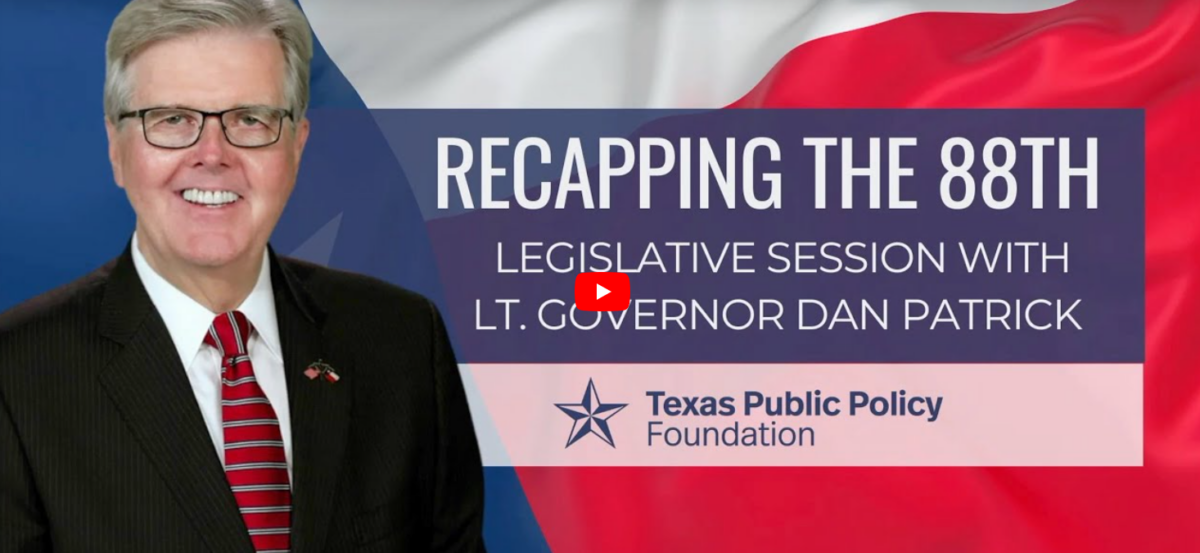Gov. Greg Abbott signed Texas’ anti-DEI Bill into law on June 14, which should close down so-called Diversity, Equity and Inclusion (DEI) offices on every Texas university campus. But according to Valerie Sansone, an assistant professor of higher education at the University of Texas at San Antonio, efforts are already underway to defy the law.
“Conversations of how to push back are being conducted in hushed tones—not in whispers, but not entirely out in the open either,” Sansone said. “We’re not necessarily using our state university emails to communicate about this, Sansone says, “You’ve got to be a little smarter than that.”
Whether or not Ms. Sansone is “a little smarter than that” is an open question, since she chose to share the news of the covert operation with a reporter from Inside Higher Education, a national publication that boosts almost 400,000 subscribers.
Claiming to speak for DEI officers throughout the South, where DEI programs are being scrutinized, Sansone says the fact that so many folks are staying behind despite anti-DEI legislation is a “form of resistance.”
What they are resisting is Texas Senate Bill 17, which states that no program or policy will be allowed on any Texas university campus that “promotes differential treatment or provides special benefits to individuals on the basis of race, color or ethnicity.”
Sansone and her DEI colleagues in “the resistance” are fighting the basic premise of all civil rights legislation and the equal protection clause of the 14th Amendment to the Constitution—that there should be no differential treatment in America on the basis of race.
According to the Inside Higher Education news story, “DEI Officers Gear Up for Battle in Red States” the DEI crowd describes their enemy as “[university] board members, lawmakers and the voting public.”
Only Texas and Florida (two of the three largest states in the union) have an outright ban on DEI, but nearly 20 other states are considering taking similar steps.
And the battle isn’t just in red states. The Massachusetts Institute of Technology (MIT) held a debate in April on whether DEI should be abolished. No consensus was reached before the sellout crowd, but there was general agreement that DEI has gone way “off the track.”
For some DEI leaders, the fight isn’t against all voters, just Republicans. Adrianna Kezar, director of the Pullias Center for Higher Education at the University of California, suggests that one way to make DEI harder to target is to “disperse” DEI programs throughout academic institutions rather than centralizing it in a single administrative office. She also says renaming DEI to something like Selective Equity Leadership (SEL) can also throw Republicans off the scent.
Like DEI, Selective Equity Leadership doesn’t really mean anything and it certainly doesn’t describe the ideology that fuels “the resistance.” DEI proponents believe that America and all its institutions are racist reflections of a white supremacist culture. In their view, to see it any other way is clearly racism.
That ideological narrative is also “hush, hush.” Instead, throughout the debate over DEI in Texas and in other states, DEI officers misinformed the public and the press, insisting that shutting down DEI programs will harm minority and marginalized students.
But it would be hard to imagine anything that has been more harmful to minority and marginalized students than DEI.
The University of Michigan has the largest DEI program in the country. Its response to current criticism of DEI is to double down on its ideological strategy, with a new Vice Provost for Diversity and Inclusion and Chief Diversity officer who says that “’race conscious’ programs continue to be the key” to helping minority students. She says “race neutral” programs will fail. After a decade of DEI at Michigan, the largest university in the state, Michigan still has a student population that is less than 4% black even though African Americans make up 14% of the population.
And in what may be a design flaw, it appears that the more DEI programs do, the unhappier marginalized students are. The Chronicle of Higher Education reports that “over the past several years, the university [Michigan] has hired more diverse faculty and staff, increased the number of students from low socioeconomic backgrounds, and incorporated diversity-related material across the curriculum, according to a university analysis, but fewer students reported being satisfied with the campus climate in 2021, compared with those surveyed in 2016.”
These findings were similar to data compiled by Texas A&M which found that the percentage of African American students who felt like they belonged at A&M dropped almost 30 points from 2015 to 2020.
Apparently a constant drumbeat that one is living in a college quagmire of white supremacy and patriarchal tyranny is not a morale booster. Neither are daily assurances that one’s setbacks are the result of oppression and unconscious racism.
Urging minorities to view themselves as victims and others as victimizers is not an education, it is activist training. In the end, it ensures that the only kind of job they will be able to get is working in DEI.
Indeed, a quick visit to the website for the NADOHE shows that their primary objective is to create most positions for DEI officers.
Immediately following the passage of Senate Bill 17, Texas A&M called for a comprehensive review of all DEI programs in what appears to be a serious effort to transform that campus. At the same time, a former DEI advocate for the New York Times was hired to run the journalism school. This is how the anti-DEI resistance will work—like whack-a-mole.
Even before the Texas anti-DEI bill passed, DEI officers in Texas were waving it off as inconsequential, promising to shift staffing to different departments, rename programs and decentralize efforts. The transformation of university health systems, where DEI already has a pernicious stranglehold, is a goal for many DEI advocates.
The Texas anti-DEI bill is the strongest in the country. It includes several layers of oversight as well as empowering the Legislature to withdraw funding if any aspect of the legislation is violated. Still, removing the scourge of DEI from Texas campuses will not be easy. The war against DEI has just begun.
Sherry Sylvester is a Distinguished Senior Fellow at the Texas Public Policy Foundation and the former Senior Advisor to Texas Lt. Governor Dan Patrick.







